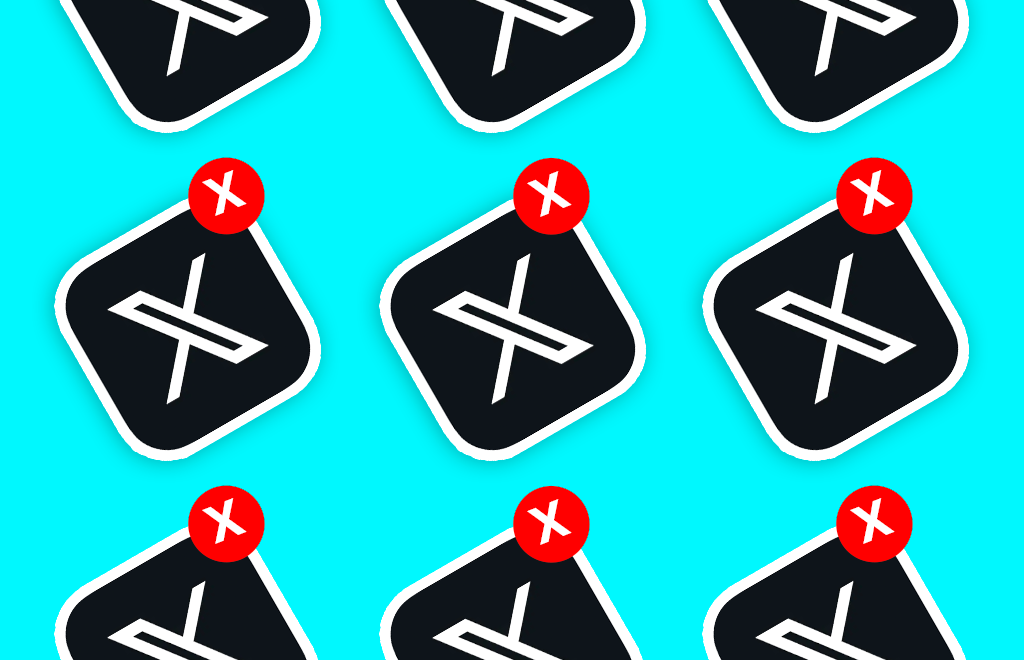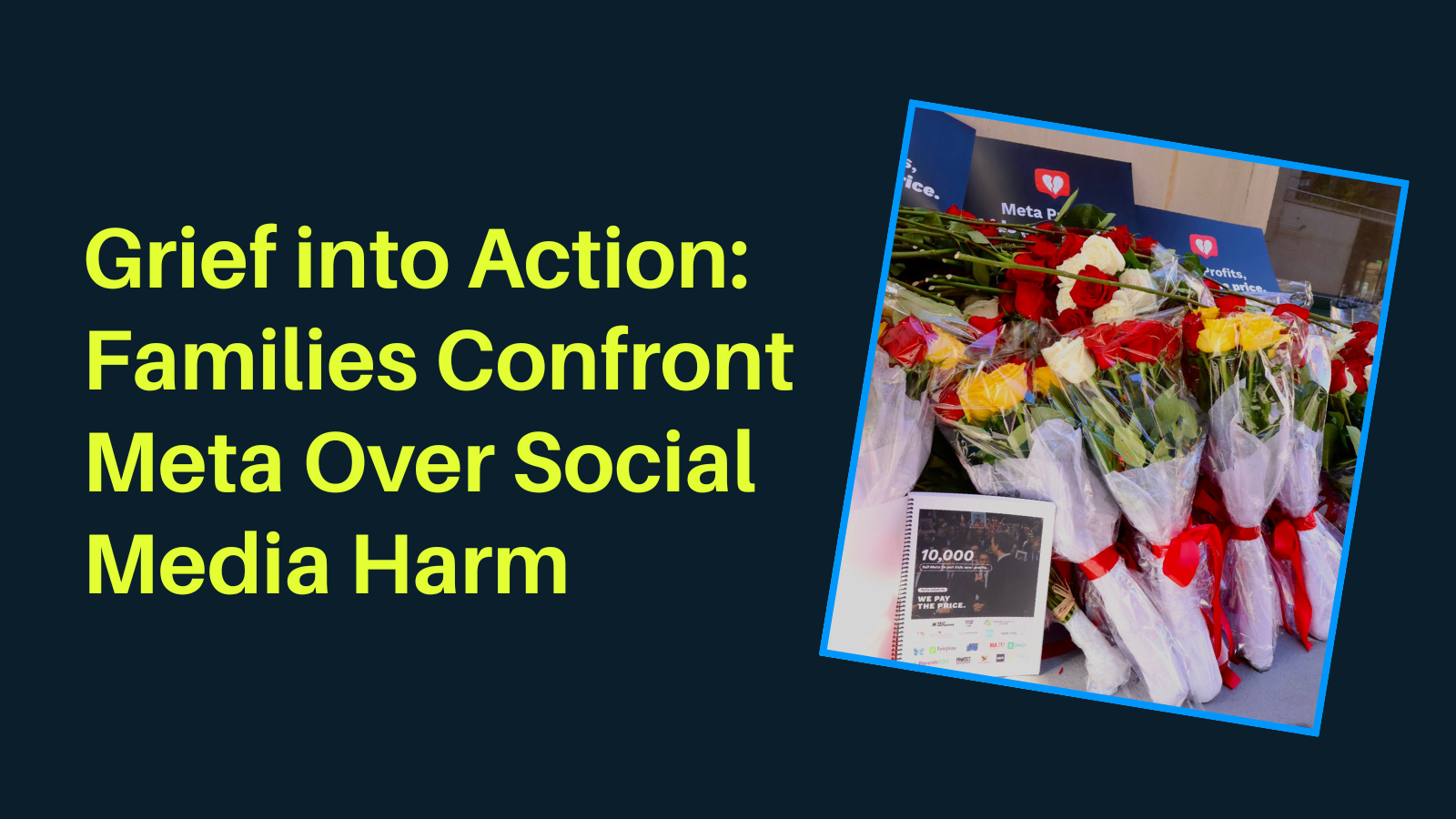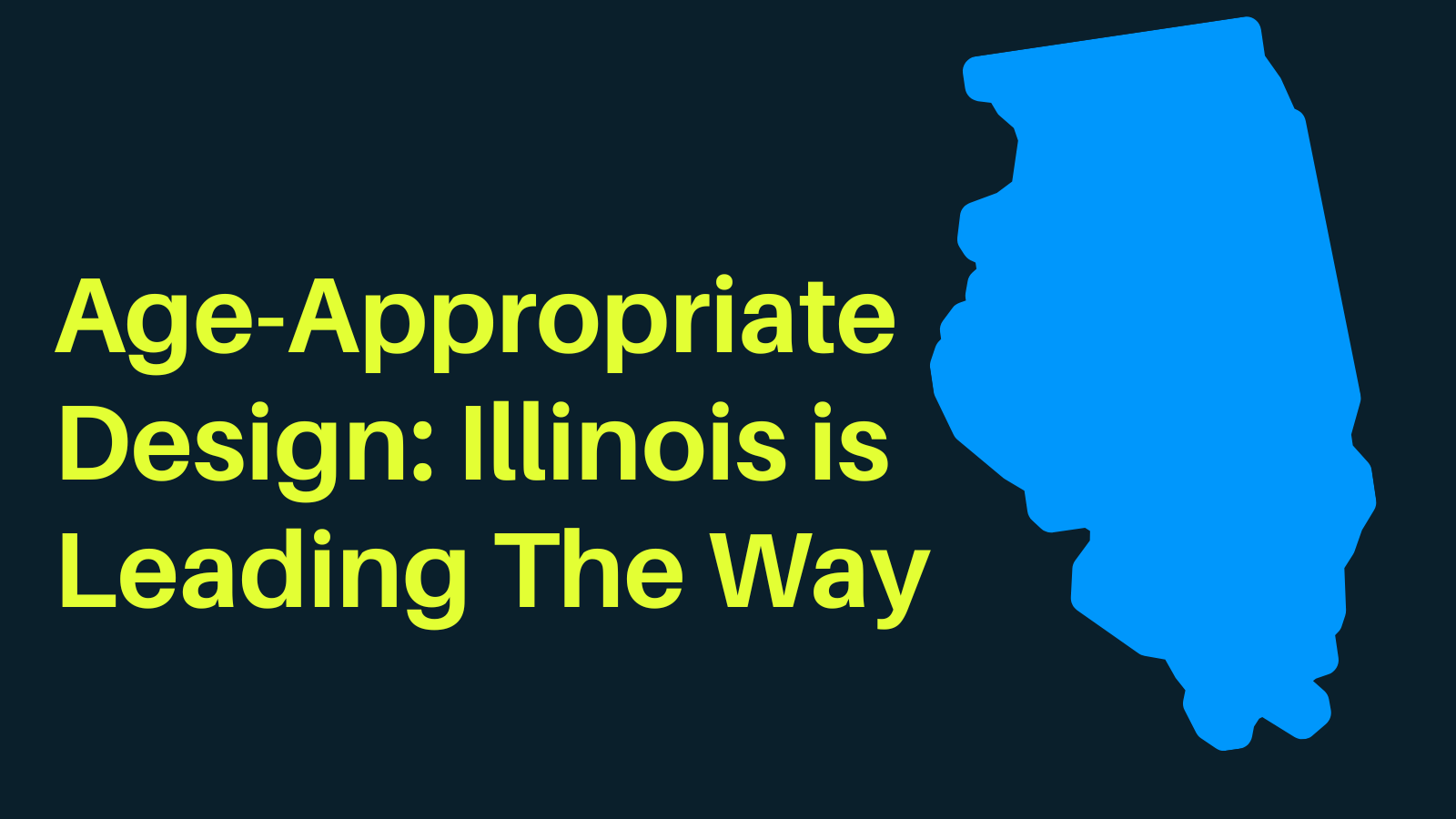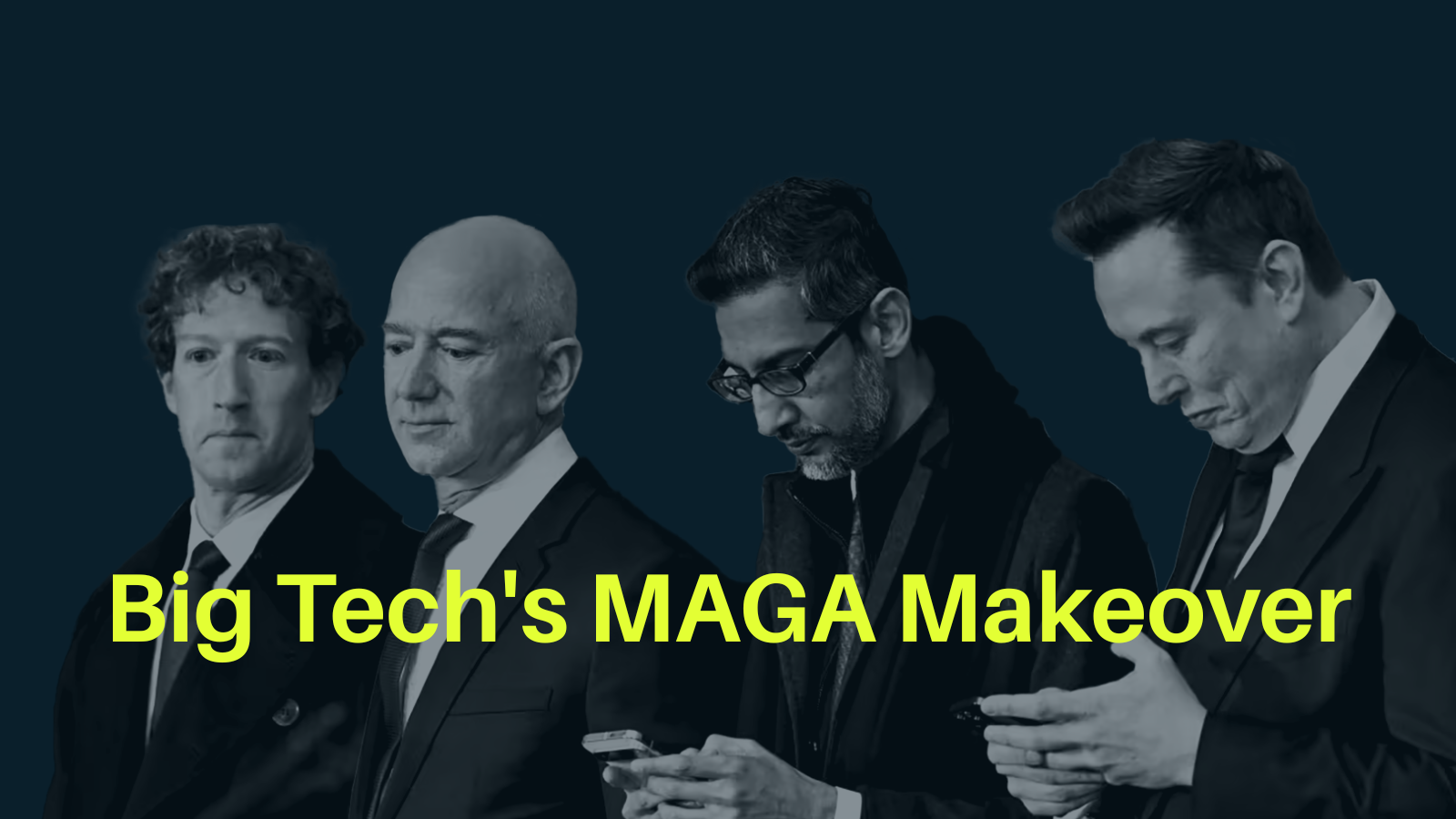Last month, Elon Musk announced his intention to eliminate Twitter/X’s block button, which he claimed “makes no sense.” Since he acquired the company in October 2022, he’s gutted content moderation staff and re-platformed accounts previously suspended for hateful content. Racist, homophobic, neo-Nazi, and antisemitic content skyrocketed. Advertisers fled en masse – in part due to our #StopToxicTwitter campaign. Now, Twitter’s net worth is an estimated $8.8 billion, a mere fraction of the $44 billion Musk paid for it.
Individual users, non-profits, news outlets, and activist networks rely on the block feature to prevent targeted harassment. After Elon Musk’s announcement that he plans on eliminating the feature on Twitter/X, the Auschwitz Museum released a statement defending their choice to block users who “do not seek discourse; they aim to inflict pain… A platform that disregards the need to defend the memory of the victims demonstrates a disregard for creating a respectful and empathetic online environment.”
As someone who grew up in the digital age, I know the importance of the block feature first-hand. When I joined Twitter and Tumblr at the ripe age of 13, I quickly learned that many people on the internet did not have my best interests in mind and that I needed to protect myself to the best of my abilities. My experiences with online harassment aren’t unique. Furthermore, users of color and members of the LGBTQ+ communities face exponentially more harassment, especially after Musk rolled back protections for transgender users.
Even before Musk seriously eroded safeguards on the platform, members of marginalized communities faced serious harassment on Twitter. In 2017, researchers from Amnesty International surveyed 778 women in the US and UK. These women were the targets of online abuse once every 30 seconds and received a combined total of 1.1 million tweets that year. Black women were 84% more likely to be targeted.
Since Musk acquired the platform, hate speech has spiked and automated content moderation systems are slow to remove reported posts. In fact, a report from Center for Countering Digital Hate (CCDH) found Twitter fails to act on 99% of Twitter Blue posts containing hate speech, allowing these posts to be algorithmically amplified with impunity. Given the fact that 99% of mobile devices in the U.S. are Google and Apple products, we launched our #BlockTwitter campaign calling on Google and Apple to remove Twitter from their app stores if Musk removes this critical feature. As long as they enjoy this gatekeeping power, these companies have the responsibility to ensure apps hosted through their app stores give users the tools necessary to protect themselves from hate and harassment online.
We’re continuing to call on Google and Apple to live up to their own standards and immediately #BlockTwitter from their app stores if Musk follows through with his plan to eliminate the block button. These Big Tech CEOs think they can act without consequences, but we’re watching them and fighting to keep our online communities safe and protected.








